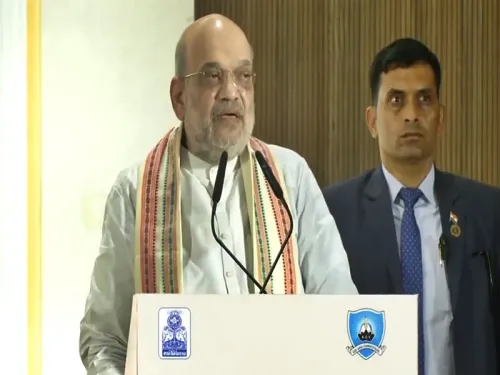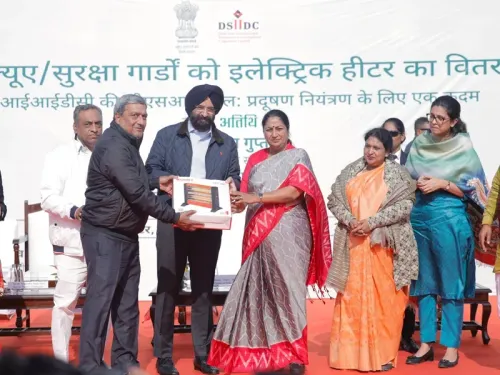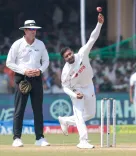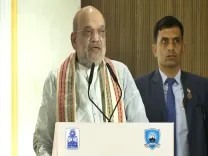Should WHO Step In to Resolve Staffing and Salary Issues for Tamil Nadu Doctors?

Synopsis
Key Takeaways
- Tamil Nadu's government doctors face significant salary disparities.
- There are alarming staffing shortages in public hospitals.
- The maternal mortality rate in Tamil Nadu is below the WHO target for 2030.
- Life expectancy for government doctors is notably low.
- Action from the WHO is being sought to address these urgent issues.
Chennai, May 20 (NationPress) The Legal Coordination Committee for Government Doctors (LCC), a Tamil Nadu-based organization, has made a formal request to the World Health Organization (WHO) to intervene and prompt the State government to tackle ongoing challenges related to staffing shortages and wage inequalities impacting government doctors.
In correspondence addressed to Dr. Roderico H. Ofrin, the WHO Representative to India, LCC president Perumal Pillai recognized Tamil Nadu's commendable progress in public health, especially in decreasing maternal and infant mortality rates—achievements that resonate with WHO's Sustainable Development Goals.
The State, which has a population exceeding 80 million, has successfully attained a maternal mortality rate (MMR) of 39 per one lakh live births—a target set for 2030 by WHO, which Tamil Nadu achieved a decade ahead of schedule.
The representation highlighted the State's improvements in rural healthcare and the management of non-communicable diseases.
However, Perumal Pillai pointed out that these accomplishments have come at a significant cost to the medical professionals who facilitated them.
The organization has expressed serious concerns regarding insufficient recruitment in public hospitals, which has led to overworked doctors and compromised healthcare services.
"This crisis adversely affects not only the doctors but also the general populace," the letter stated.
The LCC emphasized that government doctors in Tamil Nadu receive some of the lowest salaries nationally, reporting a pay gap of nearly Rs 40,000 compared to their counterparts in other States.
Despite recommendations from the National Medical Commission for equitable treatment with doctors in central institutions like AIIMS, and a directive from the Tamil Nadu High Court supporting Government Order 354, which mandates salary adjustments, the State government has yet to implement these crucial reforms, they alleged.
Moreover, the LCC noted that government doctors in Tamil Nadu experience one of the highest early mortality rates in the nation.
While the average life expectancy of the general population is estimated between 69 and 72 years, the life expectancy for government doctors reportedly falls between 55 and 59 years.
In light of these pressing issues, the LCC has urged WHO to advocate for the Tamil Nadu government to urgently rectify staffing deficiencies and establish equitable pay structures in accordance with national standards and existing legal mandates.










